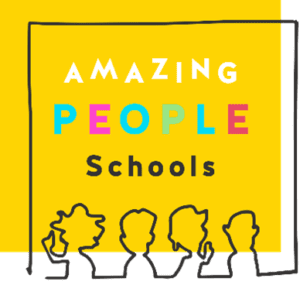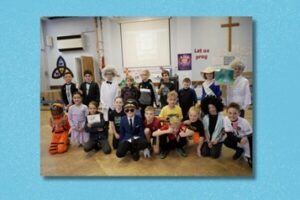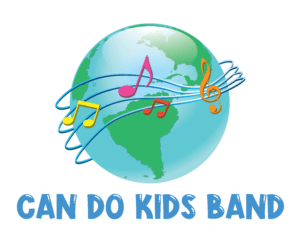Project Learning In Schools
By Dr Charles Margerison
Psychologist
Bridging The Gap
How can we bridge the gap between knowing and doing in education?
We have been working with teachers to support a project learning approach.
In particular, we’ve looked at how project-based education can help students learn about themselves and team problem-solving, rather than just having students complete a task.
These are areas that all educators have to address. Just teaching the theory without the applications is no longer sufficient. As a result, project-based learning is increasingly the start point for lessons, particularly at primary and middle school levels.
We are involved with many teachers to support student development with project based online resources. This short article provides some examples.
Character Education Projects
All schools want to see students develop their personal character to help them in facing real life challenges. This can be supported by practical projects linked to inspirational examples.
We work with a range of schools via www.amazingpeopleschools.com
This website provides teachers and students with character exemplars, both historical and contemporary, who succeeded against the odds, by showing courage, resilience, and persistence to achieve results. These include people from Science, Engineering, Medicine, Art, Business and other areas. The exemplars include people like Nelson Mandela, Helen Keller, Mahatma Gandhi, Marie Curie, Frida Kahlo, and many others who all overcame major barriers to succeed.


To help students learn, we encourage them to interview people who they admire in their community or within their family. They can then write up their own classroom newspaper.
The results show that students learn a lot about their own character strengths by working on projects. For example, they discover what aspects of a project interest them. In areas that are of less interest, it is interesting to observe to what extent do they persist when problems arise.
Project work that is done with other students helps them learn about teamwork? The organization of meetings and coordination of work helps students learn about cooperation through problem-solving discussions. These are all important life lessons, beyond the specific activities involved in a project.
Amazing People Day
Also, many of the projects can be outside of the normal classroom curriculum. We have worked with Frodsham Primary School in the U.K. who organized an Amazing People Day. Students were invited to dress up as a person they admired. It could be a famous person from history such as the scientist Dr Marie Curie, or a person from their community, such as a nurse.
Letters were sent to the parents to explain the event. As a result, that started many interesting conversations amongst family members. The event sparked learning between generations.

On the chosen Amazing People Day, students came to school in many different guises. Clearly a lot of thought and effort had gone into the preparation. There was a buzz in the school playground, as students proudly talked about the person they were representing. Parents joined in, and learned about the life stories of amazing people.
There was a lot of laughter and good spirits as the students went into the school assembly. This was followed by classroom discussions on character education and what it means in practise. Students talked about their chosen person, and everyone learned more about nursing, engineering, medicine, business and other areas.
International Learning Projects
Through our Can Do Kids Band, a travel adventure resource suite, we have supported teachers to help students learn about countries and cultures. Our website – www.candokidsband.com – is packed with activities that enable teachers to select a country and help students make virtual tours.


The first major application was introduced by Michelle Ravenscroft, a teacher at a school in a North Wales, UK. The international studies topic for her Primary level students was to learn about the people and places of Brazil. After watching a short video about Brazil, the students discussed the difference between their own country and the Brazilian way of life. They followed this up by going to their Forest School, where they discussed what food would be grown and also what living in the Amazon Forest would be like.
In other schools, we have seen innovative ways in which teachers use the Can Do Kids Band range of travel adventure resources to help students learn via innovative projects. Kate Esam, a teacher in Australia, involved the students by asking them to develop a travel guide for a country visit. Our platform provided the information to help the students to write their travel guide. The focus was on learning through discussion rather than traditional tuition.
This approach to intercultural learning enables students from different countries and cultures to share their experiences. Therefore, the lessons are designed to facilitate the useful exchange of views.
Summary
Innovative projects linked to web-based resources enable students to learn by discussing and doing. We are working with many schools to extend this action learning approach.
For further information please contact info@amazingpeopleworldwide.com and you can read more about our inspirational and innovative products at: https://amazingpeopleworldwide.com/products_online_learning_resources/









